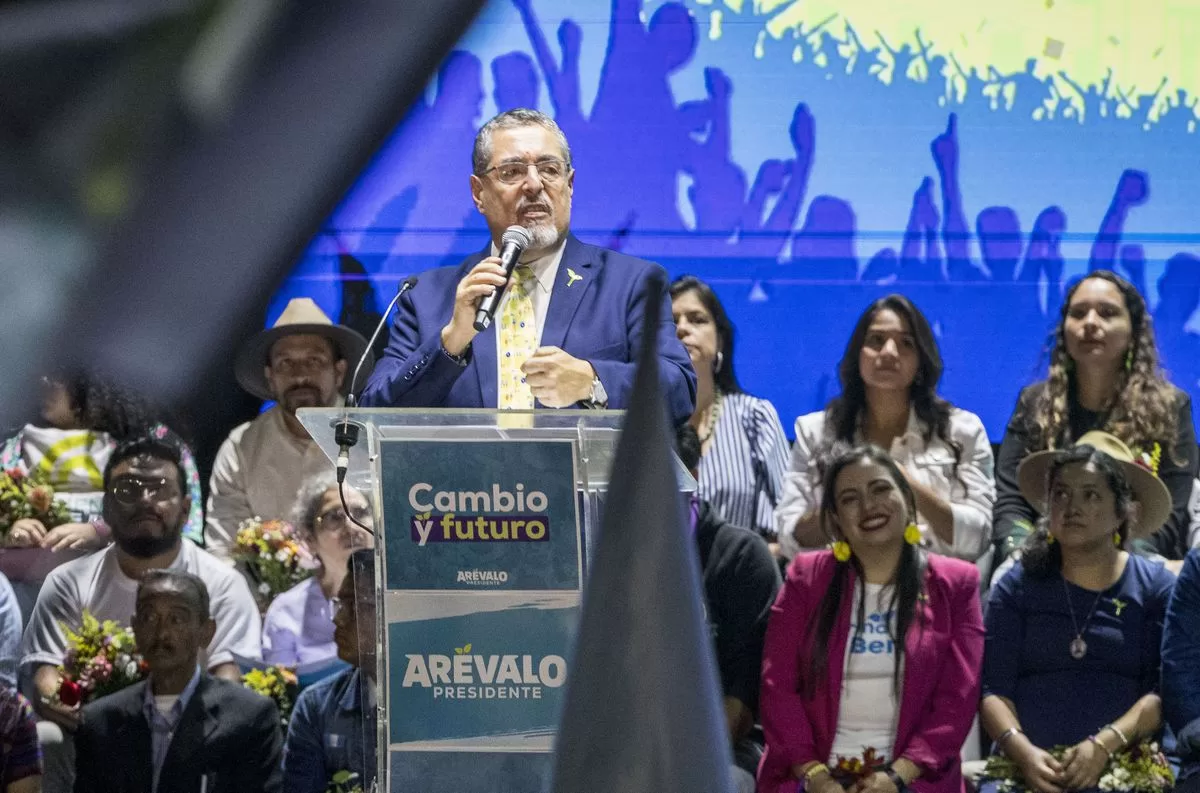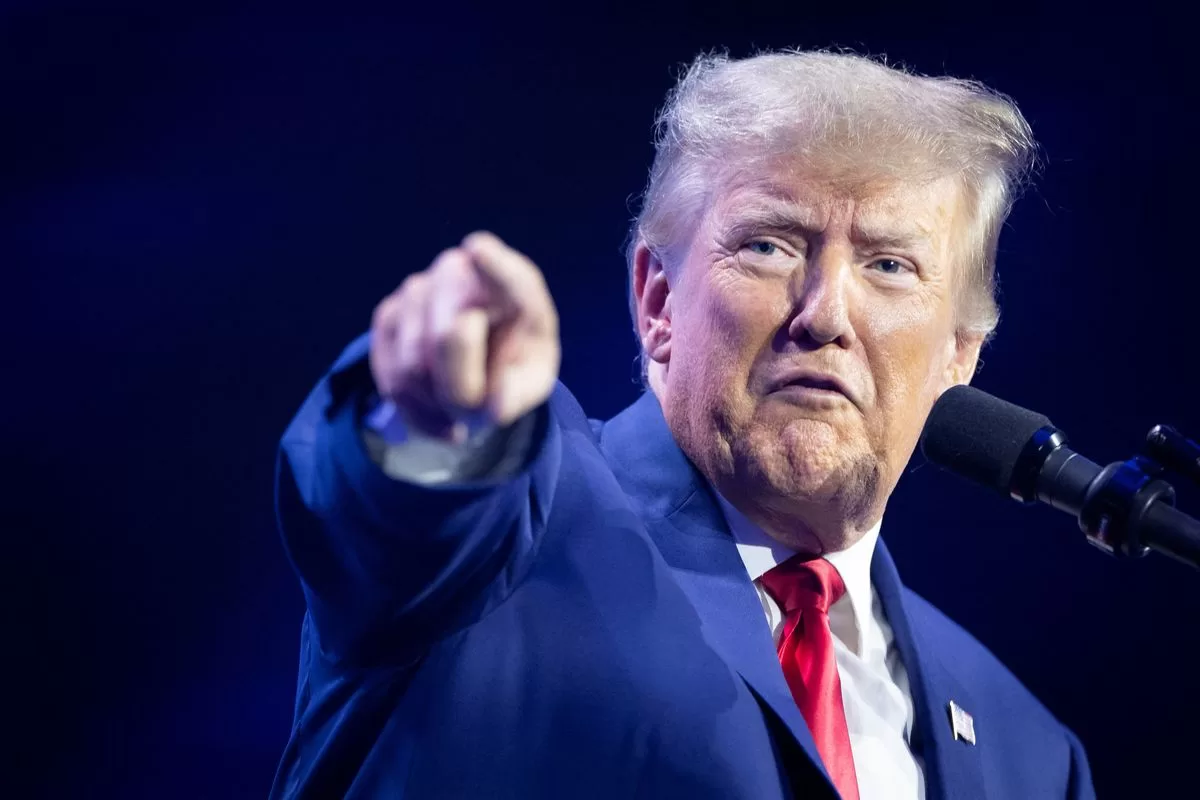Bernardo Arévalo, the new president of Guatemala, elected with a broad popular mandate to serve in the period 2024-2028, will have a host of long-postponed challenges. Huge gaps in social inequality and very high rates of poverty and malnutrition; growing rates of public insecurity and alarming contamination of organized crime in the economy, politics and territories; institutions in ruin and low morale of public servants; a certain oligarchy with colonial airs clinging to its privileges, with a thin veneer of updateand the growing impatience of indigenous movements that resent the new invasions of extractivist companies in the regions they have inhabited for centuries.
But Arévalo’s mandate, now, is one: to neutralize the Corrupt Pact, an entente of politicians, bureaucratic elites and businessmen who, as of this Sunday, lost the monopoly of power, which it misappropriated in the last four years. . This means that the population expects him to submit them to a kind of withdrawal syndrome from corruption and impunity during the first months. Your voters will want authority shots and clear messages starting today. Faced with the Pact’s power vacuum, Arévalo will have to exercise during a transition of five long months in which the mafia will not go on vacation either.
But his first task will be to govern the Movimiento Semilla, his party, legalized only in 2018 and nourished by militancy of urban youth and intellectuals with little experience in politics and state management. Broad spectrum idealists and pragmatists are included. Only by appealing to the sense of the sincere vote full of hope -which has not been seen for almost 40 years of democratic elections- that the people have deposited in these novices the responsibility to rescue the country from the shipwreck, Arévalo can ponder the foreseeable emotional immaturity among some cadres and leaders.
This is the task that a president never concludes with his close circles, but he must know how to manage it to take the next step. Arévalo could summon the healthy fabric of society and other contaminated, but salvageable, to float the state of legality and the institutions in ruin, especially those that provide essential services. The stone in the shoe will be Attorney General Consuelo Porras, the Guatemalan Torquemada who has dedicated herself to harassing the democratic process until the last moment. The resignation or permanence of Porras during the government transition will be the first test of power for the new president.
Another key character is Miguel Martínez, the emerging young billionaire who has been after the throne of President Alejandro Giammattei. This Sunday his truths collapsed. Active military, high-level officials and political leaders repeated their assertions without hesitation: Sandra Torres will win and if the opposite occurs, it is because they committed fraud. Martínez, without being an elected deputy, has the strings to control the majority of the next Congress adverse to Arévalo. His failed forecasts undermine his credibility, but more so, the shadow of his alleged crimes of illicit enrichment that transcend the borders of Guatemala. President Giammattei, despite his efforts, will no longer be able to protect him. So, predictably, Arévalo, from now on, will only require shrewd negotiators to fulfill the mandate he received at the polls and take the next step against the greater political power.
Other factors of ungovernability could be the military drug traffickers, but they do not have the capacity to maneuver. For example, they could not carry out a coup right now, because they do not control the strategic areas and they would only be able to mobilize 10 percent of their troops. Nor do they control the 44,000 members of the civil police. This indicates that Arévalo must keep an eye on the future control of the civil security forces, military and intelligence services. And his stronghold will be the international community. With Arévalo in the presidency, Guatemala becomes an unexpected geopolitical piece to start the democratic recovery in Central America and give examples of governance of irregular migration to the United States.
Subscribe here to newsletter from EL PAÍS America and receive all the key information on current affairs in the region
Subscribe to continue reading
Read without limits




